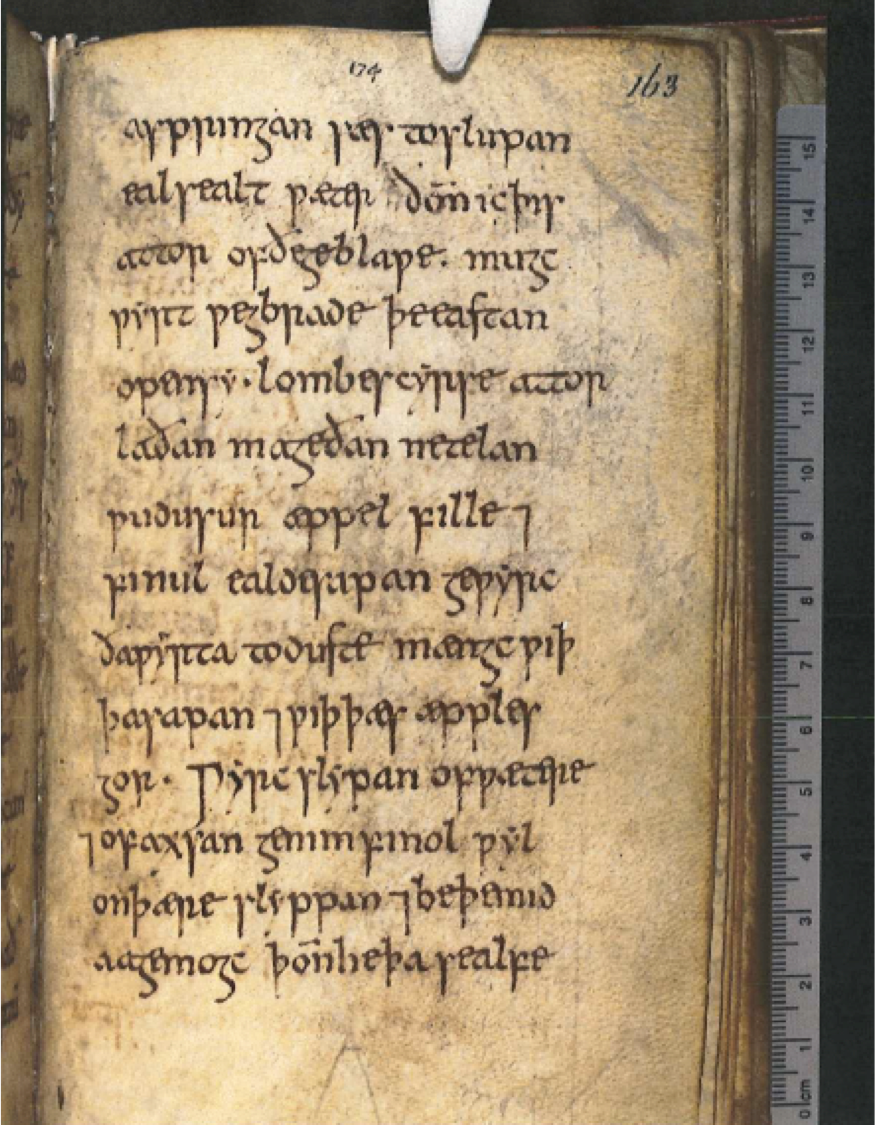
c.900-1000- It all began with a magic apple
The first pomades were waxy ointments or salves made from a mixture of animal fat, lanolin and essential oils. The ointments can be traced back to the Viking era and the Anglo-Saxon “Nine Herbs Charm” – a remedy prayer chanted whilst mixing the nine medicinal herbs, a mixture of religion and magic. Crab apples were the main ingredient in the ointment used to heal inflammations and infections of the skin. The term "pomade" is derived from the Latin for crab apple - “pomarius”.
1500s- Pommade Divine is born
Pommade Divine originated in France. Prior to the emergence of the modern physician, monks were often called upon to heal the sick. The monastic herb garden was a natural “laboratory” linked to the development of modern medicine. Crab apples were used in many preparations and the word "divine” was added simply because it was made by monks, the original divine pharmacists. Pommade Divine soon became a generic term for these efficacious balms available to nobility across France and soon spread across the whole of Europe.
1720- Pommade Divine at Versailles
The great-grandmother to Marie-Antoinette, the Bavarian Princess Elisabeth Charlotte, sister-in-law to King Louis XIV of France was a truly formidable woman who documented much of life in the French Court through thousands of letters to her family in Germany. Many of these letters include glowing praise of Pommade Divine, which she carried with her at all times, and insisted was “the best thing if you have burned yourself with sealing wax”. In one of her letters, she describes how she accidentally sat on her own watch and, in breaking the glass, suffered a nasty cut on her right buttock. She cheerfully reported that with a couple of applications of Pommade Divine everything healed perfectly.
1750s- “No, I’m the real Pommade Divine!”
Pommade Divine became a staple household product in Britain in the late 1700s. Farmers would make it in their homes using marrow and other natural ingredients. It was stored in earthenware pots next to the flour, easily accessible when they came home from the fields, to apply to dry, rough hands in the winter, and sunburn and insect bites in the summer. The aristocracy would pick up their supply of Pommade Divine from apothecaries. In fact, it became so de rigueur that many of London’s apothecaries took to newspapers to prove their ownership rights to it.
1800- First pot of Butler’s Pommade Divine is sold
The Pommade Divine that emerged victorious is by Butlers and Co, chemists located at No4 Cheapside in the City of London and whose recipe is still used today. Butler’s Pommade Divine contained ingredients from the Far East including benzoin, liquidambar, cinnamon, nutmeg and clove which made their Pommade Divine superior in quality. It became very popular with the fashionable upper and middle classes, soon becoming the country’s favourite version of the “cure-all” balm.
1864- Pommade Divine marches to America
Pommade Divine crosses the pond to America, where it is used by young soldiers during the American Civil War. A letter from a young soldier named Hamilton Branch to his mother dated 25th May 1864 mentions that he carries Pommade Divine in his haversack. A leaflet held by the Royal Pharmaceutical Society Museum in London states that "Pommade Divine, a remedy for all sorts of pains, swellings and bruises is very useful for all gentlemen of the army and navy".
1867- Butler’s Royal Endorsement
By late 1867, Butler & Co. became an official chemist to the Royal family. This helped Butler’s version of Pommade Divine stand out as the market leader, and shortly thereafter became the only Pommade Divine available.
1910- “Nanny’s Magic Cream”
Throughout the first half of the 20th century, Butler’s Pommade Divine was shipped all over the British Empire. It was quoted that there was a pot of Butler’s Pommade Divine with every nanny in every nursery.
1945- Butler’s Pommade Divine in chemists
In the modern era, the product became available through all pharmaceutical outlets in the UK and at newer retailers like Boots. The family business was sold after World War II to a large public company, but sales declined through lack of promotion. By the late 80s, the decision was taken to cease production, and Pommade Divine was no longer available in pharmacies.
1987- Pommade Divine finds a new guardian
The brand is sold to a family that has first-hand knowledge of Pommade Divine's amazing properties, and a small quantity continues to be made and sold privately to loyal customers by word of mouth.

